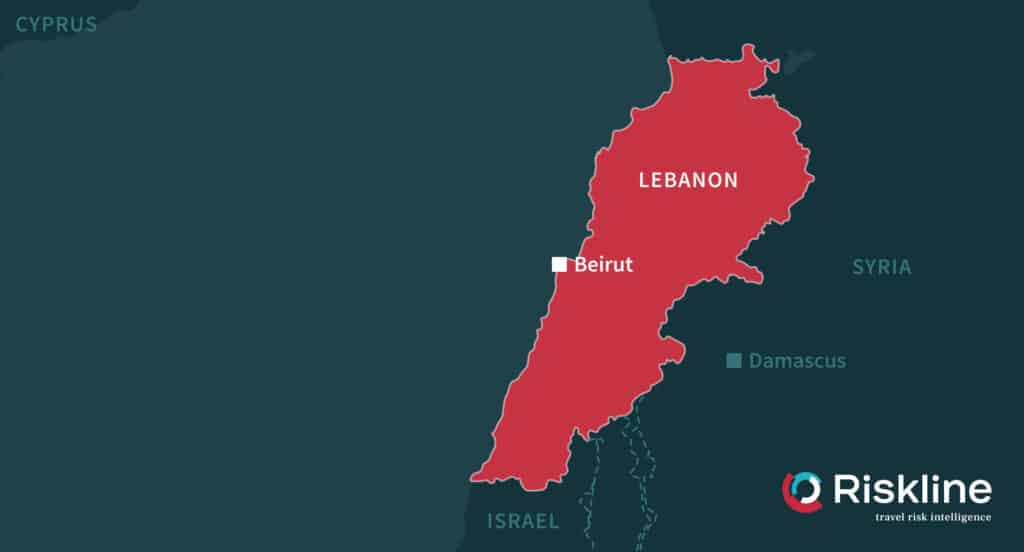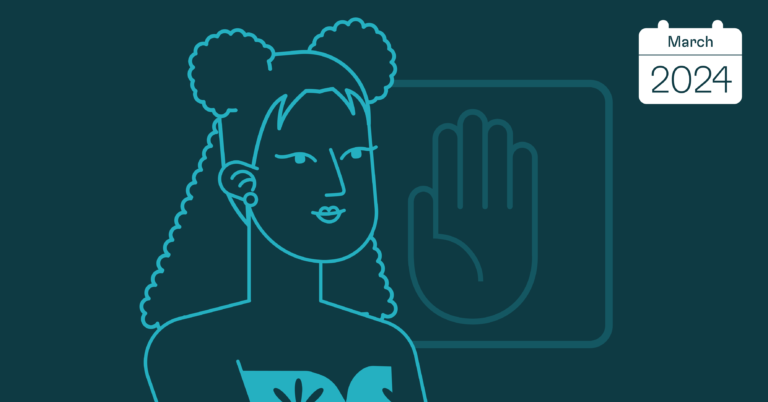Lebanon’s Beirut usually conjures up images of a city straddling the west and east, a heady mixture drawing travellers from across the globe to partake in a booming and edgy nightlife and cool, bougainvillea covered stairways, nestled amongst graceful colonial French architecture.
Despite being located in a volatile region of the world, Beirut was considered almost free of petty crime and a generally safe and secure city within which to live and to visit-for locals and travellers alike. Indeed, even following the uprising of October 2019, security in the city remained stable. However, following the COVID-19 triggered lockdown, the local currency- the Lebanese Lira (LL) – began to plummet. From its initial value, pegged to the US dollar (USD) in October 2019 at LL1,500 to 1USD, the lira hit 10,000 to the dollar in July 2020. For the majority of Lebanese, this meant extensive job losses as businesses collapsed and for those still employed, an enormous drop in the worth of their salary to the point where many have given up working all together.
The inflation caused food prices to skyrocket as the majority of raw food items in the country are imported. As all imports are paid for in US dollars, as the country began to run low on its dollar reserves – due in part to pervasive corruption in the political class and the loss of funds in the country’s central bank – imports of wheat, benzine and other basic goods have been cut. This has caused prices of essential goods such as rice, bread, oil and lentils to increase as much as 57 percent, leaving many families barely able to afford food, let alone medicine or other necessities.
Desperation and hunger has led to an increase in petty theft, leading to spate of what local media has dubbed ‘Hunger Crimes’. Accounts appear daily on social media of armed men raiding pharmacies, demanding basic medicinal supplies as well as other imported goods which are now almost unaffordable for them, including diapers and baby formula. Street robberies are also becoming commonplace with perpetrators allegedly apologising to their victims before stealing their cash at knife point, weeping that they were forced into criminality to feed their families after their salaries have become almost worthless.
‘Hunger Crimes’ or indeed any petty theft, was all but unheard of prior to 2020 but is occurring at an increasingly high rate, daily, nationwide. Indeed, Beirut and its more affluent suburbs of Achrafieh, Hamra, Gemmayze and Mar Mikhael, previously areas beloved by middle class Lebanese and foreign tourists alike, have suffered the highest rates of these crimes. For instance, in early July, some 35 cases of robberies targeting individuals withdrawing cash from ATMs in Beirut’s middle to upper class suburb of Achrafieh were recorded.
In addition, sexual crimes have also rapidly increased across the same areas in Beirut with regular accounts reaching social media of assaults and indecent exposure, again, incidents which were previously unheard of in the capital.
Beirut and indeed Lebanon’s wider context has spiralled quickly into a considerably less safe environment than it was in 2019. This has prompted some foreign government authorities, such as the United Kingdom’s Foreign Commonwealth Office (FCO), to warn travellers to Lebanon of the drastic increase in petty theft and ATM robberies and to avoid overt displays of wealth and travelling alone at night. Such warnings were entirely foreign to Beirut as little as six months ago and indicate a tragic decline in street safety in a city previously famous for its affluence and attractiveness to travellers worldwide.
Indi Phillips is a Lebanon-based political and security risk analyst covering Sub-Saharan Africa and the Middle East.















